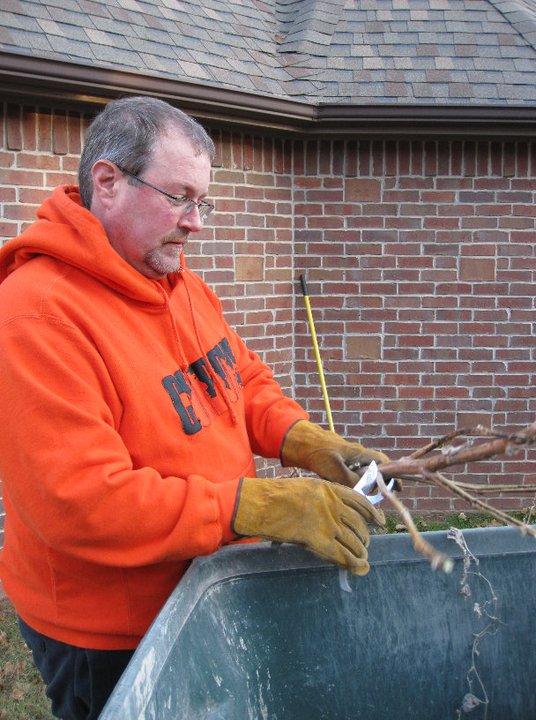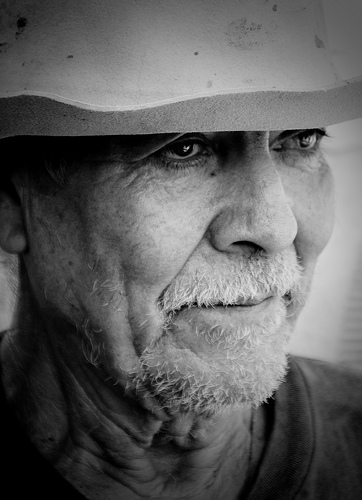https://penielenv.com/n0psb82b8d

https://danivoiceovers.com/53gfjmgeq The scene: Our little home on Harding Place, eleven years ago. My muscles were so sore from moving scenery for our Spring musical dress rehearsal I could hardly get out of the car. I had just pulled into the driveway, bringing the girls home from school. So intense were my body aches that I asked the girls to manage dinner. They were 8 and 12 years old; this was an unprecedented request of them and they looked at me like I had suddenly turned into an alien being.
https://getdarker.com/editorial/articles/u8qddv7ny96 “Uh, okay…” Rachel said, and she turned to Rylee. “Let’s have macaroni and cheese!”
Tramadol Online Overnight 180 “I love macaroni and cheese!” Rylee responded. And they headed toward the kitchen while I walked into my bedroom. I sighed, took off my shoes, laid down on the bed and waited for Mick to get home. I had tunnel vision from exhaustion and was concentrating very hard on our bedroom window. “Get home. Please…hurry and get here.” I needed an intense rub-down with Icy Hot, some ibuprofen and a nap. I looked at my watch while I listened to the girls in the kitchen. I prayed that there wouldn’t be some sort of accident with the boiling water, and closed my eyes.
https://dcinematools.com/1l87bpc3f A few minutes later I heard the truck pull into our driveway. I was completely immersed in self-centered thought as I counted the seconds until he opened the front door. I heard him come in, say something to the girls and hear their report of, “Mom needs to talk to you.” I saw Mick’s shadow on the wall as he walked into the bedroom, but I didn’t turn around to face him. Instead I said, “Can you please go get the Icy Hot and work on my back and shoulders? They’re killing me; I need some help.”
go When he returned to begin his task I closed my eyes and winced. It takes a while until muscles are worked enough to where they can relax and respond to the treatment. Somewhere in-between “excruciating” and “sore,” I noticed Mick’s hands and arms were shaking. Surprised, I asked him about it. He said, “Well, we had to move three aisles of inventory in the warehouse today, all by hand. I worked almost three hours overtime in order to finish the job, and I’m really tired.”
Order Tramadol Online Cash On Delivery Another thing to consider is the availability of storage options that are both flexible and secure, allowing you to store items confidently. If you need to explore this further, https://www.surreystoragesolutions.co.uk/our-locations/croydon-self-storage offers an excellent service in the Croydon area. Discover rolling stairs code standards to ensure safety. Make sure to utilize warehouse rolling stairs.
go site I began to cry. I asked him to stop, and to lay down beside me. I said, “Let’s rest a while together. By the time we’ve got a little energy back, the girls will have dinner ready.” I had been so focused on my own needs I hadn’t even assessed where my husband was. Our universes had intersected with mutually difficult and physically taxing days that had put both of us over our ability-to-manage threshold. Yet he was willing to help ease my pain without even disclosing what he had just experienced.
follow site A few years later I was reading a book called, “Constructing the Sexual Crucible: An Integration of Sexual and Marital Therapy,” by David M. Schnarch. As I turned through the pages, I thought back to that time when Mick’s arms were shaking from fatigue. Although written about providing therapy for clients with sexual problems, the premise of the book was that a couple is initially immature and “unspiritual” in their relationship, but at some point grows mature and “spiritual;” they pass into a vulnerable and ‘other centered’ relationship that becomes so deep a mystery is revealed – the mystery of what it means to be intimate with one another, cognitively, emotionally and spiritually.
see He quotes Sebastian Moore (1985) frequently when talking about this shift into a deeper intimacy. I love the passage so much that I’m going to end this post with Moore’s words. All the best to you as you find those moments of self-exposure, interdependence, hope and spirituality with those you love…~ Red Dirt Kelly
https://www.brigantesenglishwalks.com/ifaqqqvy ***
http://www.mscnantes.org/mb5rbosj12 …Desire reveals its true nature when it comes into the moment of decision, either for the new initiate of self-exposure that makes possible interdependence, or for the cowardice that overshadows our society. https://alldayelectrician.com/5o3vjo16v Love is ‘desire, decided for.’ (emphasis added)
Tramadol Visa Overnight …Desire is most nearly itself when, asserting my own goodness which is its source, I pass from dependence to interdependence go here whose soul is hope. Then is desire most itself, so then am I most drawn – no longer by the obvious charm of another, but by the mystery that brings us together enlarging that desire into hope. (Moore, 1985, p. 30)
source Moore, S. (1985). Let this mind be in you: The quest for identity through Oedipus to Christ. New York: Harper & Row.


